7 FAQs Plate Compactor to Pavers [Complete Answers]
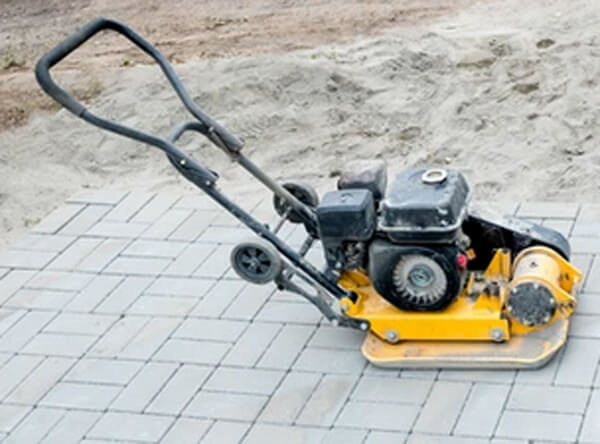
Compacting your pavers might seem to be an easy job but if not done well, it can cause your pavers to shrink, pop-up or weakens which will cost you for maintenance in the long run.
Here are some questions you might ask yourself before doing your paver project.
Contents
How To Compact Without Plate Compactor
Yes it is possible to compact without a plate compactor. But you must first know what factors affects compaction. The factors that affects compaction are soil type, moisture content, compactive energy and depth of the lift.
For soil with high cohesion like clay, silts and clayey silts are harder to compact as they have higher resistance of their particles. Yet, granular soil, like sand, gravel and other coarse soils are easier to compact as they have higher density.
Moisture content plays a great role to execute compacting any kind of soil. Soil moisture should be the right amount before compaction. To ensure that you have achieved the required water content, you must use the hand test. Take a part of the soil and try molding it, if it breaks and crumbles, it is still dry and you need to add more water. If the soil holds together, then you can now compact your entire area. And if you made it sticky, you need to dry it for a couple of time because it is too wet.
There are other tools you can use to compact such as a lawn roller, hand tamper of sledge hammer. You must achieve a consistent amount of pressure and speed of rolling if you are using a roller. You must tamper/roll efficiently so that you will be able to distribute the required compaction on your entire area. If you are working with a great depth, you can do layering so you can make sure that every area are well compacted.
Do You Need Plate Compactor For Pavers
Every paving projects need to be compacted and suggestively by using a plate compactor. This process of plate compacting makes sure that your pavers are well interlocked with your substrate and that no voids are present to avoid pop-up of pavers and moisture accumulated which can cause your pavers to further settle and have lippage between.
The best equipment in compacting your pavers is plate compactor as it uses both vibration and weight pressure which means it causes less time but covers a wide area, other tool you can use to compact your pavers are rammers which takes more time and only uses vibrations.
How To Protect Pavers From Plate Compactor
There are many ways to protect your pavers from scratches during your compacting job. One way is to attach a rubber mat on the base plate of your compactor to lessen the chances of your pavers to break during the vibration and pressure. Some does it by adding sand, like polymer sand, and compact over the pavers.
With this way, the vibration of the plate compactor will fill the gaps with polymer sand as well as compacts your pavers. If the polymer sand decreases as it fills the gap, add more until you get your desired stability of pavers as well as the gaps are uniformly filled with sand. The latter is quicker but has risk of scratching your pavers.
Will Plate Compactor Level Pavers
The purpose of plate compacting your pavers is to further settle your substrate, to level your pavers and to make the sand settle onto the gaps in between the pavers. Especially for substrate made from cohesive soil, plate compacting your pavers must be done to make sure that air voids are not present.
Providing a layer of sand, self-leveling admixture, is advisable to maintain the levelness of the substrate before adding your pavers.
What Size Plate Compactor For Pavers
Plate compactor works by combining force by their base plate weight and vibration. Depending on the extent of your pavers, you have three options: a single plate compactor (the lightest and limited maneuvering direction), reversible plate compactor (can cover a large area and easy maneuvered) and a heavy duty plate compactor (for larger compacting project) of which every equipment has its own impact force and vibration frequency rate.
A resulting pavers have an average compressive strength of 8000 psi. Depending on your paver size and paver material, the most conservative plate compactor must have an impact force of not more than it’s compressive strength and have at least a 4000 vibrations per minute. If you are using a lighter paver material, you can go for a smaller plate compactor which can provide a 4000 psi.
Will Plate Compactor Break Pavers
It is possible that a plate compactor can break the pavers. Some factors that can affect the breakage of pavers are if your substrate are not leveled. As your plate compactors are on top of your pavers, it might not distribute the weight evenly (as your substrate have humps and not leveled well) which can cause it to break.
Another would be your plate compactors impact are much greater that the compressive strength of your paver material and have a high vibration frequency. Your paver have a limited capacity of weight per area and if your plate compactor exceeds the maximum capacity, it can cause it to break.
Lastly, if your plate compactors are not cleaned well, the dirt that your base plate accumulated, can puncture your pavers.
How Much Paver Sink When Compacted
The settlement of your paver depends most on your substrate. It is recommended to have a 4 inch depth for your substrate and well-compacted. A self-leveling sand with a thickness of less than an inch should be applied and must not be compacted nor stepped on during hours after application which over time will have it’s settlement for at most a fourth of an inch.
After laying your pavers and adding polymer sand in between the joints, no foor traffic should be in the area for not less than 24 hours to stabilize the interlocking of the materials. With this, if your substrate and pavers are well compacted, no further settlement will occur over time.
If further settlement happens, it is due to the uneven soil drainage and or the gaps are not evenly filled with polymer sand as the water may enter the gaps through your bedding, making it over-saturated.
Conclusion
Following the proper methodology and using the right equipment will help you achieve a well-installed pavers. For further clarifications, you can contact your contractor and equipment suppliers to assist you in choosing the right plate compactor for your paver project.
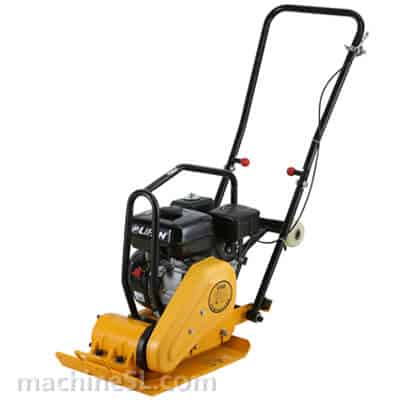
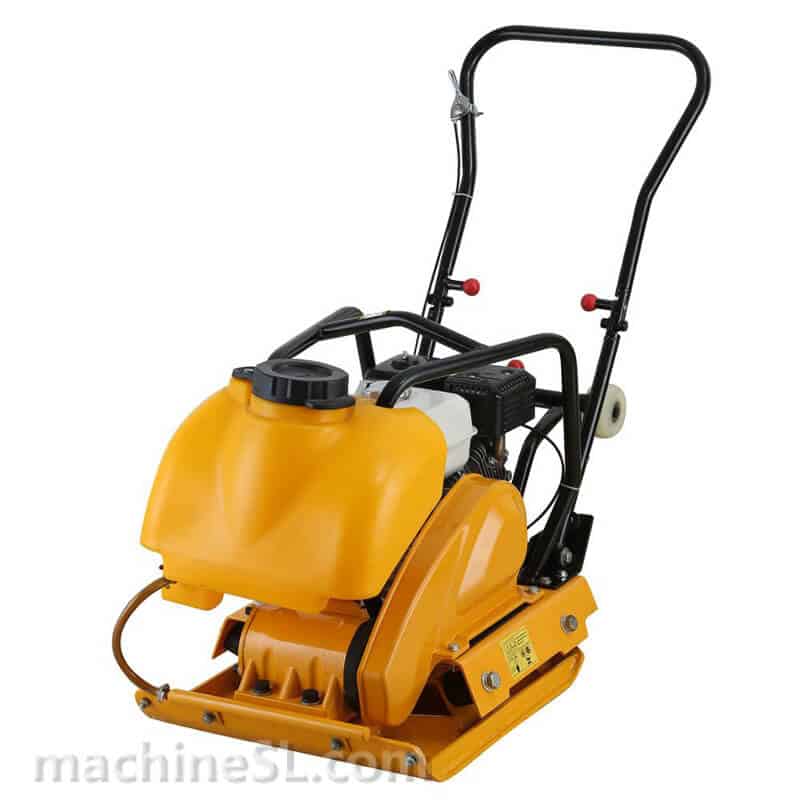
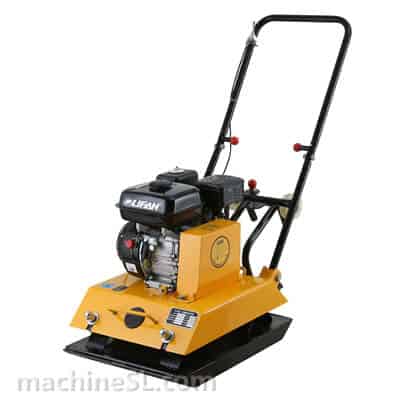
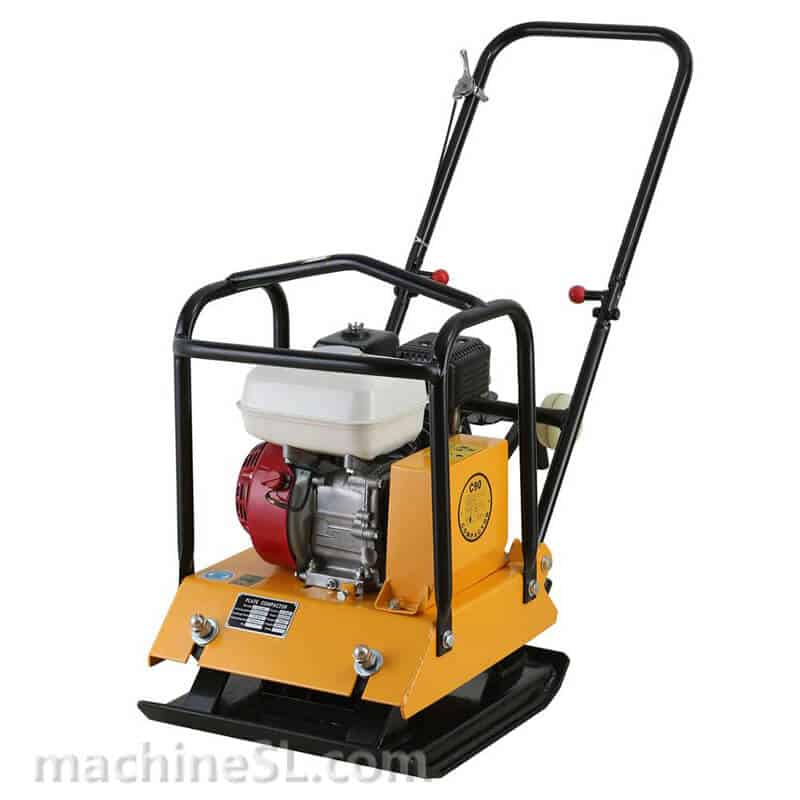
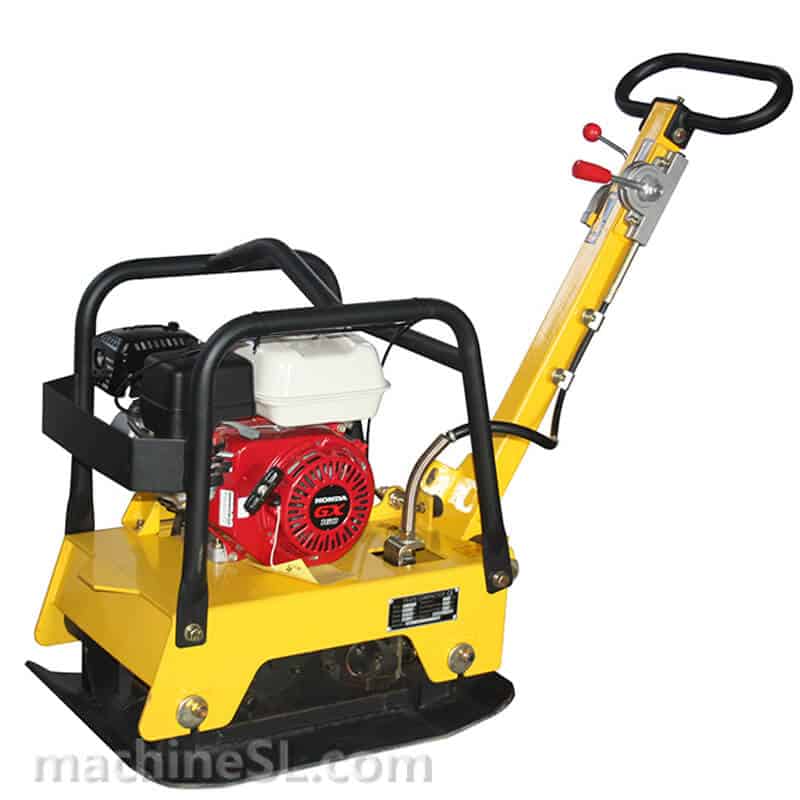
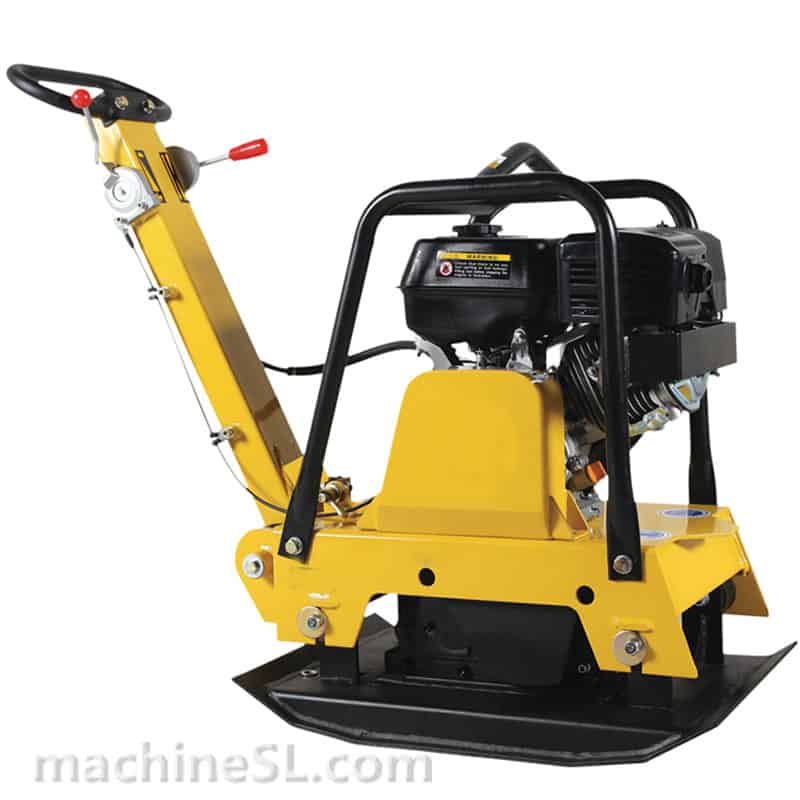
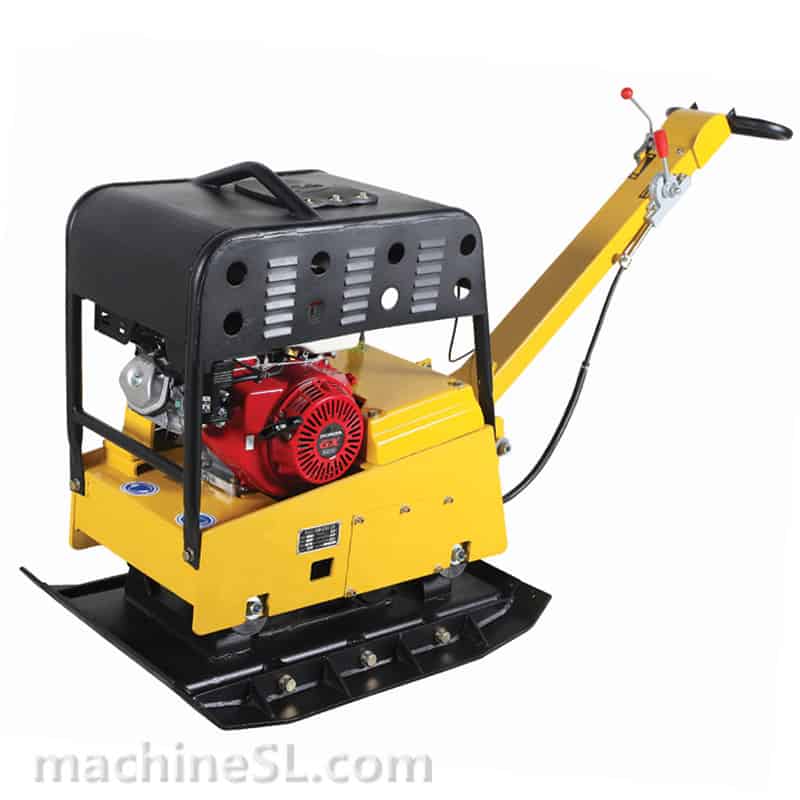
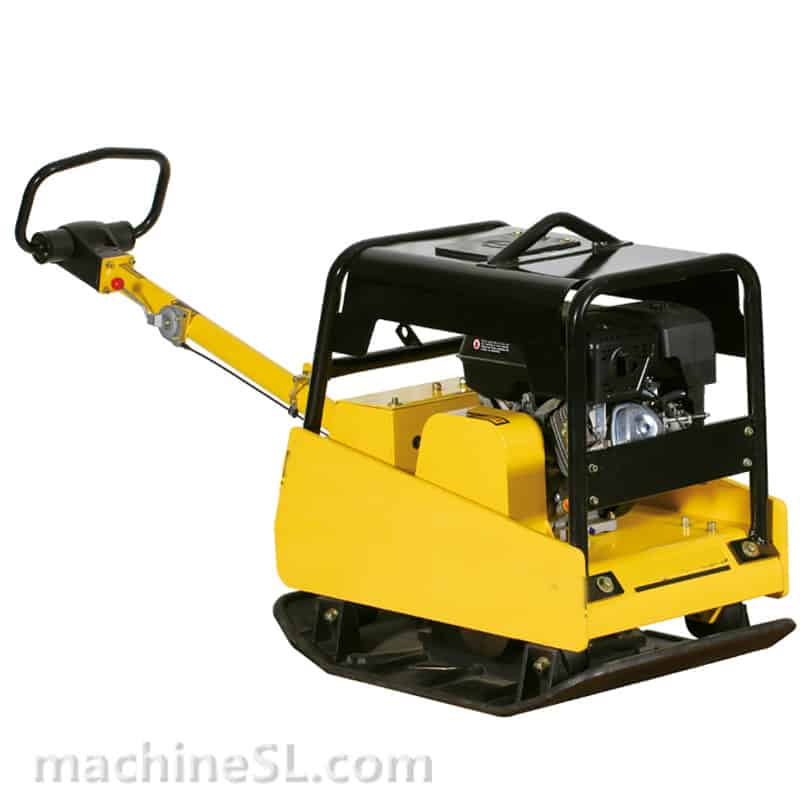
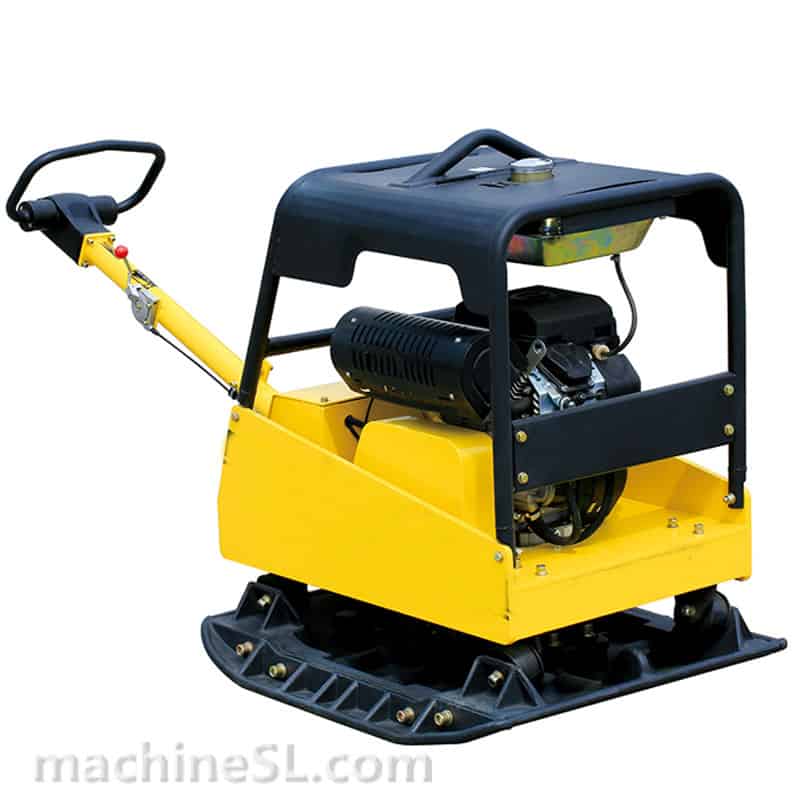
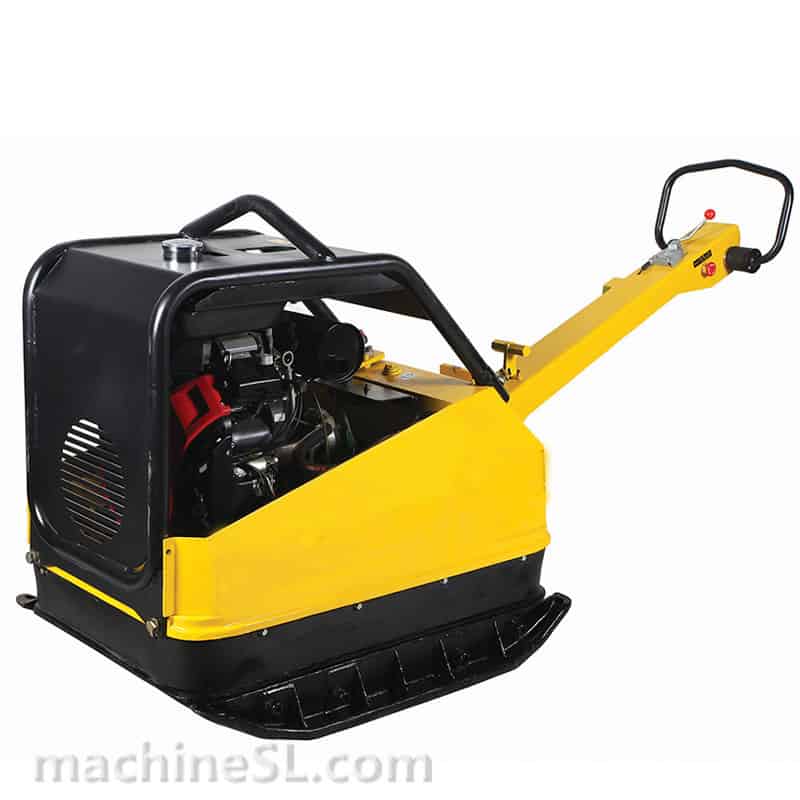
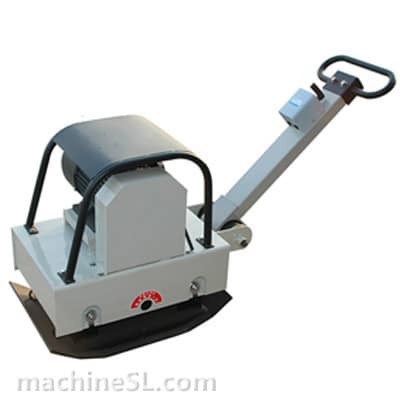
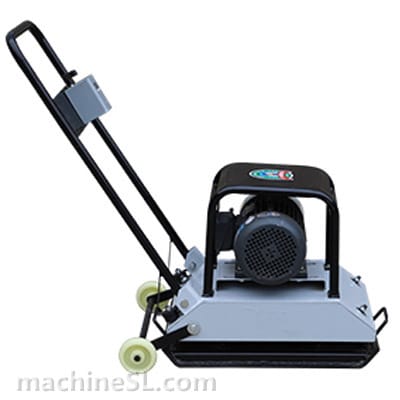
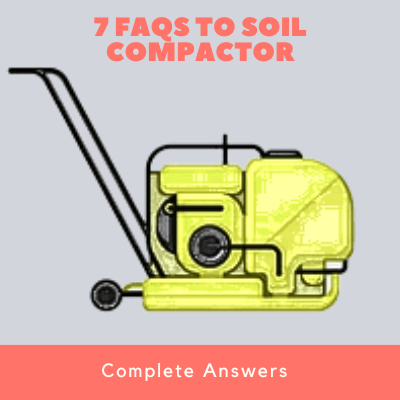
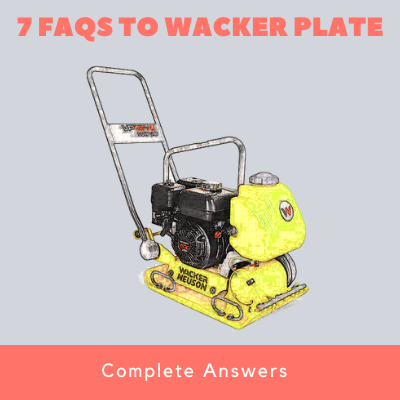
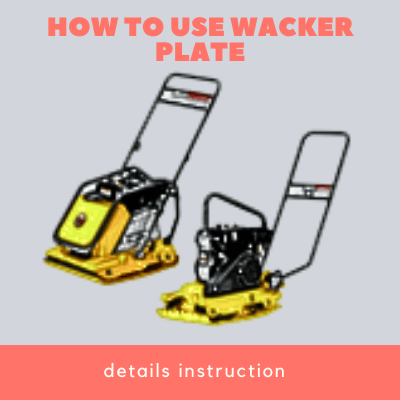
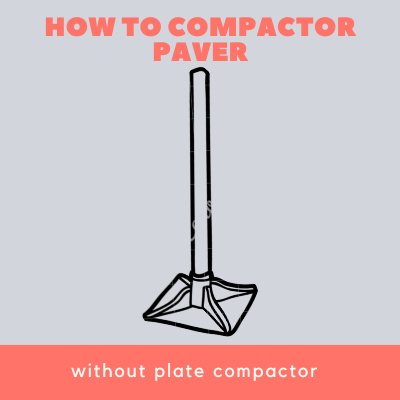
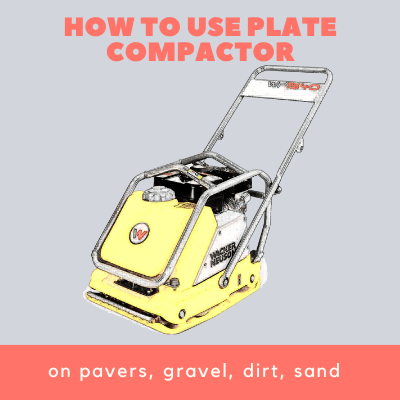
Leave A Comment